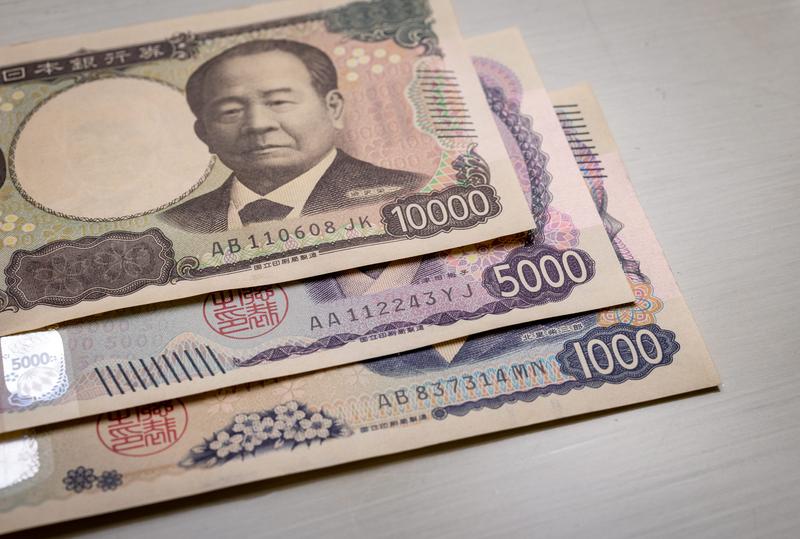Can You Travel to Japan Without Speaking Japanese? Absolutely!
Imagine this: You’ve just landed in Tokyo, a city full of neon lights, ancient temples, and bustling streets. But then it hits you—you don’t speak a word of Japanese! Is it going to be a disaster?
Here’s the good news: Traveling in Japan without Japanese language is not only possible, but it can also be surprisingly easy and enjoyable. While it’s true that many Japanese people, even well-educated ones, don’t speak fluent English, you’ll find that the country’s excellent infrastructure, helpful locals, and modern tools make it a dream destination for international travelers.
That said, making an effort to learn a few Japanese phrases can elevate your experience. It’s not just about communication—it’s about connection. So, whether you’re planning your first trip to Japan or looking for tips to navigate the language barrier, this guide has got you covered!
Why Do So Few Japanese People Speak English?
If you’ve visited other Asian countries, you might have noticed that Japan feels different when it comes to English proficiency. Here’s why:
1. English Is Simply Not Necessary for Daily Life
In Japan, businesses and industries primarily cater to domestic needs. For many companies, there’s little or no need to interact with clients or partners outside of Japan. As a result, English doesn’t play a critical role in professional or personal life.
2. Education Is Entirely in Japanese
From elementary school to university, the entire education system is conducted in Japanese. Textbooks, exams, and academic papers are all either written in Japanese or translated. Even high-level subjects like medicine or engineering are taught in Japanese, making it possible to excel professionally without ever needing English.
3. Cultural and Linguistic Independence
Japan has a long history of cultural and linguistic self-sufficiency. While English is taught in schools, it’s often seen as an academic subject rather than a practical skill, just like learning Latin in western countries.
That being said, many Japanese people understand written English and can help you if you write something down or use a translation app. The key is to be patient and understanding—spoken English is just not something they use often.
Why Learning a Few Words of Japanese Goes a Long Way
While it’s true that you can survive in Japan with little to no Japanese, making the effort to learn a few key phrases can make a big difference. Here’s why:
- Respect for Culture: Imagine someone visiting your home country and refusing to learn even a simple “hello” in your language. How would you feel? In Japan, showing that you’re trying—even if it’s just a “Sumimasen” (Excuse me) or “Arigatou” (Thank you)—demonstrates cultural respect.
- Smoother Interactions: Locals are more likely to go out of their way to help you if they see you’re making an effort.
- Breaking the Ice: A little Japanese can create moments of warmth and connection that might not happen otherwise.
Pro Tip: Your pronunciation doesn’t need to be perfect! It’s the thought that counts.
Must-Know Phrases for Travelers
Here are some essential Japanese words and phrases to memorize before your trip:
- “Sumimasen” (すみません): Excuse me. Use this to get someone’s attention, apologize, or ask for help.
- “Arigatou” (ありがとう): Thank you.
- “Kore o kudasai” (これをください): I’ll take this. Perfect for pointing at a menu or an item in a shop.
- “Doko desu ka?” (どこですか?): Where is…?
- “Eigo o hanasemasu ka?” (英語を話せますか?): Do you speak English?
Even these few phrases can make your interactions more enjoyable and open up opportunities for deeper connections.
Can You Get by with English While Traveling in Japan?
The short answer is yes—but it depends on where you are.
- Big Cities: In major destinations like Tokyo, Kyoto, and Osaka, you’ll find plenty of English signage, menus, and even announcements in train stations and airports. Tourist-heavy areas cater well to international visitors.
- Rural Areas: Once you venture outside big cities, English becomes less common. However, written English is often understood, so tools like Google Translate can help bridge the gap.
Pro Tip: In smaller towns, writing down your questions or showing the name of a destination in Japanese can make communication much easier.
How to Navigate Japan Without Speaking Japanese
Japan’s infrastructure is world-class, and here’s how you can easily get around:
Trains and Subways
- English-Friendly Systems: Train stations in big cities are equipped with English signs, maps, and ticket machines.
- Japan Rail Pass: Ideal for traveling between cities. This pass allows unlimited rides on JR trains and is a cost-effective choice for tourists.
- Google Maps: An invaluable tool for planning routes and checking train schedules.
Taxis
- Many taxis in Japan now accept credit cards and offer navigation systems in English. If you’re worried about communication, have your destination written in Japanese to show the driver.
Buses
- Tourist destinations like Kyoto often have buses with English announcements. Prepaid cards like Suica or Pasmo make riding buses even easier.
Ordering Food and Handling Menus
Eating out in Japan is an adventure, and here’s how to handle it without stress:
- Visual Menus: Many restaurants have photos or plastic models of their dishes—just point at what you want.
- English Menus: Tourist-friendly areas often offer English menus.
- Translation Apps: Use Google Translate’s camera function to scan menus and read them in English.
Bonus Tip: Practice saying “Oishii” (美味しい) to express that the food is delicious—it’s a great way to connect with locals!
Overcoming the Language Barrier with Technology
Technology is your best friend when traveling in a country where you don’t speak the language:
- Google Translate: Translate signs, menus, and even conversations with ease.
- Google Maps: Plan your itinerary, find restaurants, and navigate public transport.
- Booking Platforms: Websites like Booking.com or Airbnb provide English-language options for accommodations and activities.
Common Pitfalls to Avoid
Here are a few mistakes travelers often make in Japan—and how to avoid them:
- Not Carrying Cash: While credit cards are accepted in big cities, rural areas and smaller shops often only take cash.
- Missing the Last Train: Public transport stops running around midnight, so plan your evening accordingly.
- Forgetting to Remove Shoes: Always take off your shoes when entering someone’s home, traditional accommodations, or certain restaurants.
Final Thoughts
Traveling in Japan without speaking Japanese is more than possible—it’s a rewarding adventure that combines incredible sights, delicious food, and rich culture.
That said, making a small effort to learn a few Japanese phrases shows respect for the country and its people. It’s not just about navigating the language barrier; it’s about creating moments of connection and mutual understanding.
So, whether you’re planning to explore the neon-lit streets of Tokyo or the peaceful temples of Kyoto, rest assured that Japan will welcome you with open arms. Pack your bags, brush up on your phrases, and get ready for an unforgettable journey!


